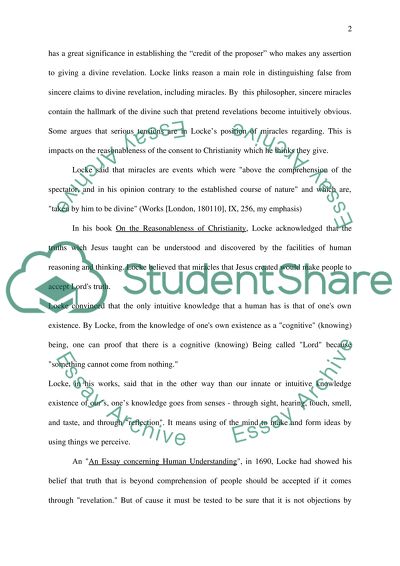Cite this document
(“Philosophy of Locke Essay Example | Topics and Well Written Essays - 1500 words”, n.d.)
Retrieved from https://studentshare.org/philosophy/1517362-philosophy-of-locke
Retrieved from https://studentshare.org/philosophy/1517362-philosophy-of-locke
(Philosophy of Locke Essay Example | Topics and Well Written Essays - 1500 Words)
https://studentshare.org/philosophy/1517362-philosophy-of-locke.
https://studentshare.org/philosophy/1517362-philosophy-of-locke.
“Philosophy of Locke Essay Example | Topics and Well Written Essays - 1500 Words”, n.d. https://studentshare.org/philosophy/1517362-philosophy-of-locke.


